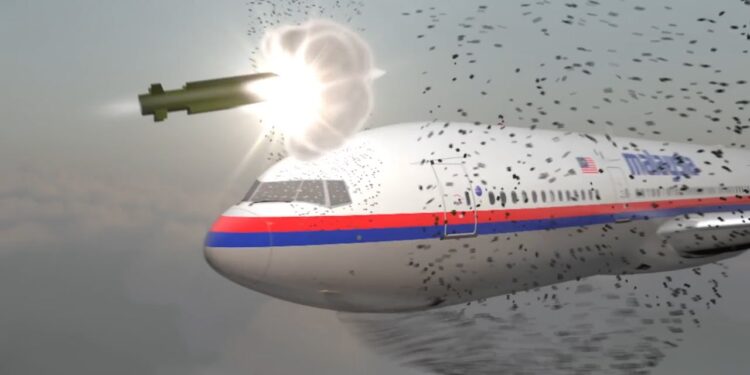Malaysia Airlines Flight 17 (MH17), a Boeing 777, tragically crashed on July 17, 2014, while flying from Amsterdam to Kuala Lumpur. The flight, carrying 298 passengers and crew, was shot down over eastern Ukraine, an area controlled by pro-Russian separatists engaged in an intense conflict with Ukrainian government forces.
The downing of MH17 resulted in the deaths of all 298 individuals on board, including 193 Dutch citizens, 43 Malaysians, 27 Australians, and others from various nations. This event not only represented a significant loss of life but also had profound geopolitical repercussions, intensifying the already strained relations between Russia and Western countries.
The aircraft was flying at an altitude of approximately 33,000 feet when it was struck by a surface-to-air missile. Subsequent investigations, led by the Dutch Safety Board and the Joint Investigation Team (JIT), confirmed that a Russian-made Buk missile system was responsible for the downing. The missile was launched from a territory controlled by pro-Russian separatists. The JIT’s comprehensive investigation included meticulous examination of wreckage, satellite data, and intercepted communications, all pointing towards the involvement of the 53rd Anti-Aircraft Missile Brigade of the Russian Federation.
The response to the tragedy was immediate and widespread. International outcry demanded accountability and justice for the victims. The United Nations Security Council adopted Resolution 2166, calling for a full, thorough, and independent international investigation into the incident. The resolution also emphasized the need for all military activities, including by armed groups, to cease in the immediate area surrounding the crash site to facilitate the investigation.
Russia has consistently denied any involvement, suggesting alternative theories and accusing Ukraine of being responsible. However, the overwhelming evidence presented by multiple investigations has been widely accepted by the international community.
In the aftermath, the disaster highlighted significant gaps in aviation safety, particularly in conflict zones. It prompted the International Civil Aviation Organization (ICAO) and other regulatory bodies to re-evaluate and enhance guidelines for flying over conflict areas. Airlines worldwide became more cautious about flight paths, prioritizing passenger safety over direct routes.
The legacy of MH17 is one of grief, accountability, and change. The victims’ families continue to seek justice through various legal avenues, including cases brought before the European Court of Human Rights. The tragedy serves as a somber reminder of the broader human costs of geopolitical conflicts and the imperative for stringent international safeguards to protect civilian lives in aviation.



Recent Comments